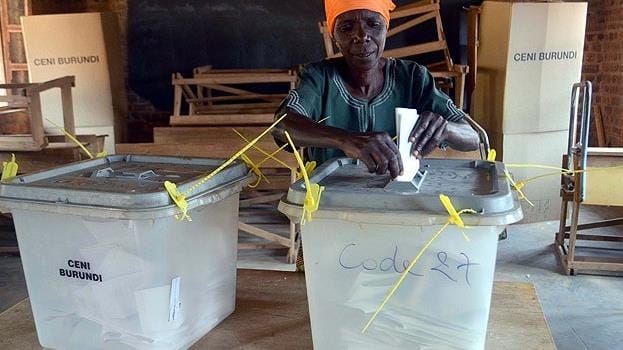Burundi has officially begun its campaign season for the upcoming legislative and district elections, with political parties entering a crucial stretch ahead of the June 5 vote.
The campaign period commenced on Tuesday and will run until June 2. A formal launch ceremony took place on Friday in Gitega, the nation’s political capital, drawing participation from key political figures including President Evariste Ndayishimiye.
Voters are set to elect members to the 123-seat National Assembly. Of these, 100 will be chosen through direct voting, while the remaining seats are allocated to ensure inclusive representation through a co-optation process—an approach designed to reflect the country’s multi-ethnic and political diversity.
President Ndayishimiye’s ruling party, the CNDD–FDD (National Council for the Defense of Democracy–Forces for the Defense of Democracy), is expected to defend its political dominance. The party, born out of the country’s 1998 civil war, has maintained power since 2005 and secured a supermajority in the last legislative elections held in 2020.
Following the June vote, Burundians will return to the polls on July 23 to elect members of the Senate, marking a significant year in the country’s political calendar.
The elections in Burundi come as part of a broader electoral wave sweeping across Africa. In 2025, at least nine African countries are preparing for presidential contests, while seven others are holding legislative votes—underscoring the continent’s dynamic and evolving democratic landscape.
With a population of 13.5 million, Burundi enters this election cycle under the watchful eye of observers both domestically and internationally, amid hopes for a peaceful and transparent democratic process.



